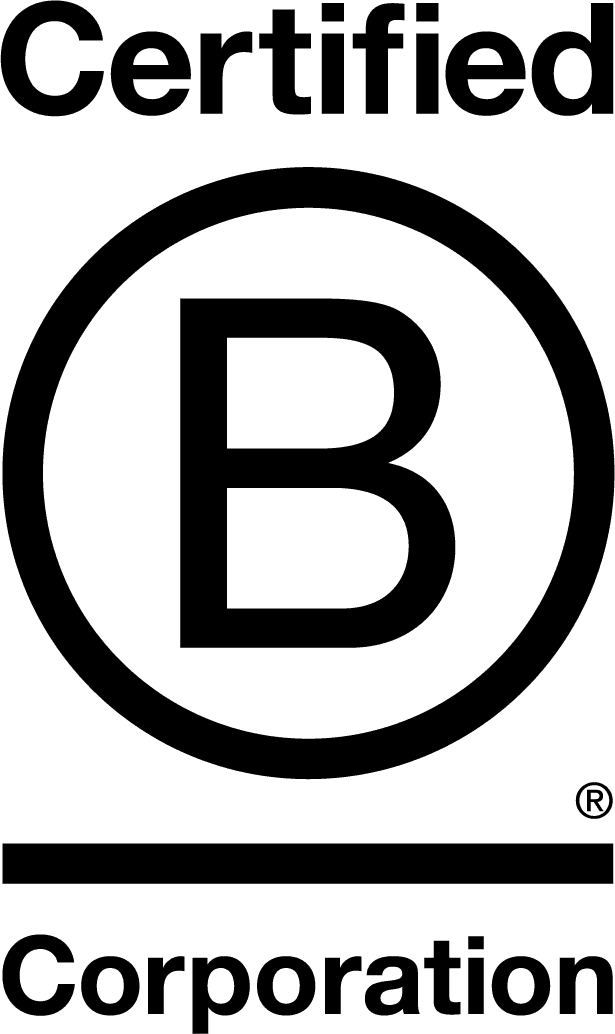

ZeTrace

Nord-Pas-de-Calais, France
February 2024
Other info service activities
Service with Minor Environmental Footprint
Belgium,
France,
Switzerland
ZeTrace oriente ses prestations de conseil en transformation Ecommerce pour promouvoir, concevoir et mettre en œuvre des modèles d’affaires, des usages et des technologies durables. Ceci signifie que nos prestations ont pour objectif d’aider les entreprises clientes à réduire les externalités négatives de leur activité Ecommerce tout en veillant à leur viabilité économique. Par ailleurs, le cabinet accompagne ses clients pour cadrer et mettre en œuvre les modèles d’affaires circulaires qui embarquent le numérique et le Ecommerce, comme la seconde main, les produits reconditionnés, les plateformes d’usages ou d’économie collaborative, la location ou le prêt, etc … Enfin, ZeTrace adresse spécifiquement les stratégies d’adaptation et de résilience des modèles d’affaire de ses clients par rapport aux risques environnementaux (pénuries de ressources, coût et accès à l’énergie, pollutions, …) et aux risques de transition (réglementation, changements d’usages, nouvelles technologies décarbonées, …)
Overall B Impact Score
Governance 16.4
Governance evaluates a company's overall mission, engagement around its social/environmental impact, ethics, and transparency. This section also evaluates the ability of a company to protect their mission and formally consider stakeholders in decision making through their corporate structure (e.g. benefit corporation) or corporate governing documents.
What is this? A company with an Impact Business Model is intentionally designed to create a specific positive outcome for one of its stakeholders - such as workers, community, environment, or customers.
Workers 31.5
Workers evaluates a company’s contributions to its employees’ financial security, health & safety, wellness, career development, and engagement & satisfaction. In addition, this section recognizes business models designed to benefit workers, such as companies that are at least 40% owned by non-executive employees and those that have workforce development programs to support individuals with barriers to employment.
Community 18.2
Community evaluates a company’s engagement with and impact on the communities in which it operates, hires from, and sources from. Topics include diversity, equity & inclusion, economic impact, civic engagement, charitable giving, and supply chain management. In addition, this section recognizes business models that are designed to address specific community-oriented problems, such as poverty alleviation through fair trade sourcing or distribution via microenterprises, producer cooperative models, locally focused economic development, and formal charitable giving commitments.
Environment 11.5
Environment evaluates a company’s overall environmental management practices as well as its impact on the air, climate, water, land, and biodiversity. This includes the direct impact of a company’s operations and, when applicable its supply chain and distribution channels. This section also recognizes companies with environmentally innovative production processes and those that sell products or services that have a positive environmental impact. Some examples might include products and services that create renewable energy, reduce consumption or waste, conserve land or wildlife, provide less toxic alternatives to the market, or educate people about environmental problems.
Customers 3.3
Customers evaluates a company’s stewardship of its customers through the quality of its products and services, ethical marketing, data privacy and security, and feedback channels. In addition, this section recognizes products or services that are designed to address a particular social problem for or through its customers, such as health or educational products, arts & media products, serving underserved customers/clients, and services that improve the social impact of other businesses or organizations.